Are you looking for a few preschool science experiments for your child?
Young children learn best through hands on experiences, so these science experiment activities are perfect!
This post may contain affiliate links. I may earn compensation when you click on the links; at no additional cost to you. Please see the disclosure policy for more information.
The science behind experiments
Science is an everyday part of our lives. It is all around us, and it is important for young children to be given the opportunity to explore, test, and experiment with science. When considering introducing science experiments to preschool aged child, there are many things to consider.
- Is it safe?
- Is there a way to get the children’s involvement?
- Is it an age appropriate experiments?
It is important to consider the age of the children, their developmental levels, and their ability to follow directions and listen to instructions. Early preparation and planning is a key factor in how successful implementing science experiments with preschool children will be.
Depending on the ages and developmental levels of each of the young children, that will determine how simple or complex each of the experiments are. Examples could include simple machines, making sugar crystals, or volcano making. I have compiled a list of science experiments that are age and developmentally appropriate; and were successful in their implementation. These experiments were conducted over the years when I was a classroom teacher.
Science in a Montessori environment
Science in a Montessori environment has many different components. Most of the science activities are first demonstrated to the children, then placed in the environment for children to use and explore with on their own. Examples are simple color mixing, magnets, or using a magnifying glass. Then there are activities that are better suited and done as a group; with a teach closely monitoring it, like the science experiments that are listed below.
5 science experiments for young children
When choosing these preschool science activities, I tried to pick fun experiments that can be done with many household items. Each experiment may have a few other items that you may need to purchase in order to complete them.
1. Lava lamps
Materials you will need:
- water bottle
- oil
- food coloring
- water
- Alka Seltzer tabs
- confetti
How to do the experiment:
- Have the children help fill the water bottle with water
- Next, have them help put a one fourth of a teaspoon of oil into the water bottle
- Then, have them add in three drops of food coloring.
- Children can then add a few pinches of confetti.
- Then, have the children add an Alka Seltzer tab to the water bottle.
- Watch the magic unfold!
2. Growing seeds/beans
Materials you will need:
- lima beans
- water
- spray bottle
- cotton balls
- clear plastic cups
How to do the experiment:
- Have the children help fill the bottom of a cup with cotton balls
- Next, have them spray the cotton balls with water
- Then have them help put two lima beans on top of the cotton balls
- Now have them cover the lima beans with more cotton balls
- Have them spray the cotton balls on top with water
- Children can then place the cup in a place that gets sun
- If needed, occasionally spray the cotton balls with a bit water
- In about five days to a week, the lima beans will begin to sprout!
**you can transfer the lima beans to a small pot and add soil**
Related post: Top 20 STEM activities for your home school or classroom
3. Sink or Float
Materials you will need:
- clear bowl
- water
- towel
- wooden block
- paper clip
- Lego piece
- cap to a marker
- small basket to hold items
How to do the experiment:
- Have the children help you fill the bowl up about halfway
- Next, explain what sink and float means and the descriptions of each
- Then, show and go over each of the items that you will test to sink or float
- Select one item from the basket
- Ask the children their prediction on if it will sink or float
- Have a child place the item into the water
- Go over the findings with the children
- Continue going through each of the items in the basket, repeating steps four through seven
- OPTIONAL: Have the children record their findings of each of the items
4. Cleaning pennies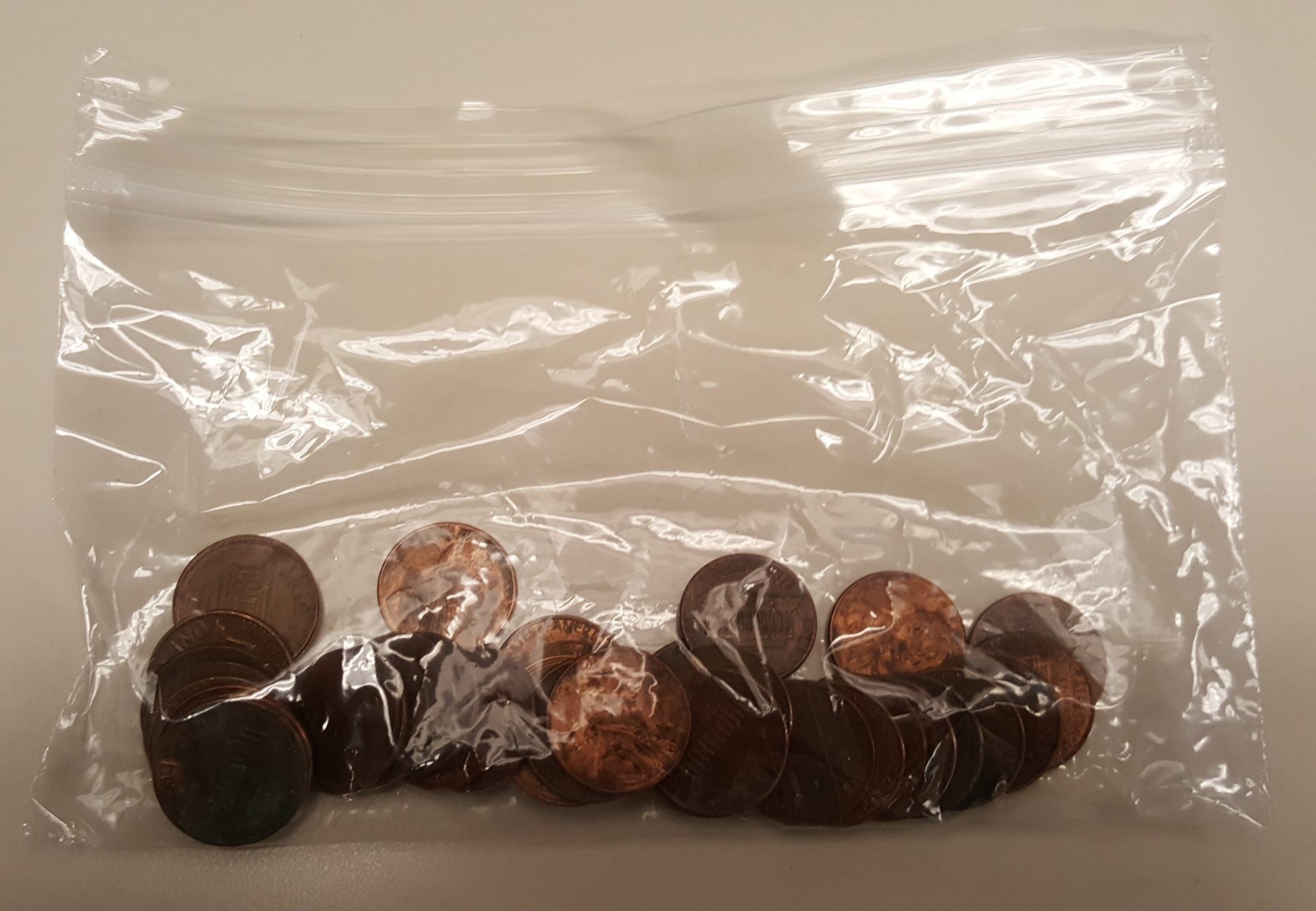
Materials you will need:
- pennies
- salt
- vinegar
- water
- towels
- small bowl
How to do the experiment:
- Have the children help pour two tablespoons of vinegar into the bowl
- Next, have them help put a one fourth of a teaspoon of salt into the a bowl
- Mix well.
- Children can then place a penny into the bowl.
- Wait at least a minute for the solution to start working.
- Then, have the children help take out the penny.
- Have them place the penny in bowl of warm water.
- Then, dry off the “clean” penny with the towel.
**you can do this activity with more than one penny at a time, just have multiple bowls available.**
5. Color absorption
Materials you will need:
- clear cups
- white carnations
- vinegar
- water
- red and blue food coloring (feel free to use any color, but darker colors tend to absorb faster)
- scissors
How to do the experiment:
- Gather the flowers and make a fresh cut in the stem with the scissors
- Have the children help put about half a cup of water into the cups
- Next, have them help you add one fourth a teaspoon of vinegar to the water
- Then have them add around three drops of food coloring to the water
- Mix well
- Have the children place one flower into each cup
- Normally within thirty minutes to an hour you will start to see the color absorbing through the stem and up through the petals on the flower!
Related post: Fun & easy to make 3 ingredient flubber slime!
What to take from this
It is important to remember the developmental levels of the children before diving in to any experiment. The good thing is, each activity can be altered in a way that suits your child or children. Each of these science experiments are fun, easy, and encourages children to use their problem solving, observation, and abstract thinking skills. Use these activities as a way of a first introduction into the world of science, and open the children’s minds into a lifelong love of science!
I would love to hear if you’ve done any of these experiments or any other ones that your children enjoyed! Let me hear about them in the comments!
Happy Experimenting!
Anitra J.
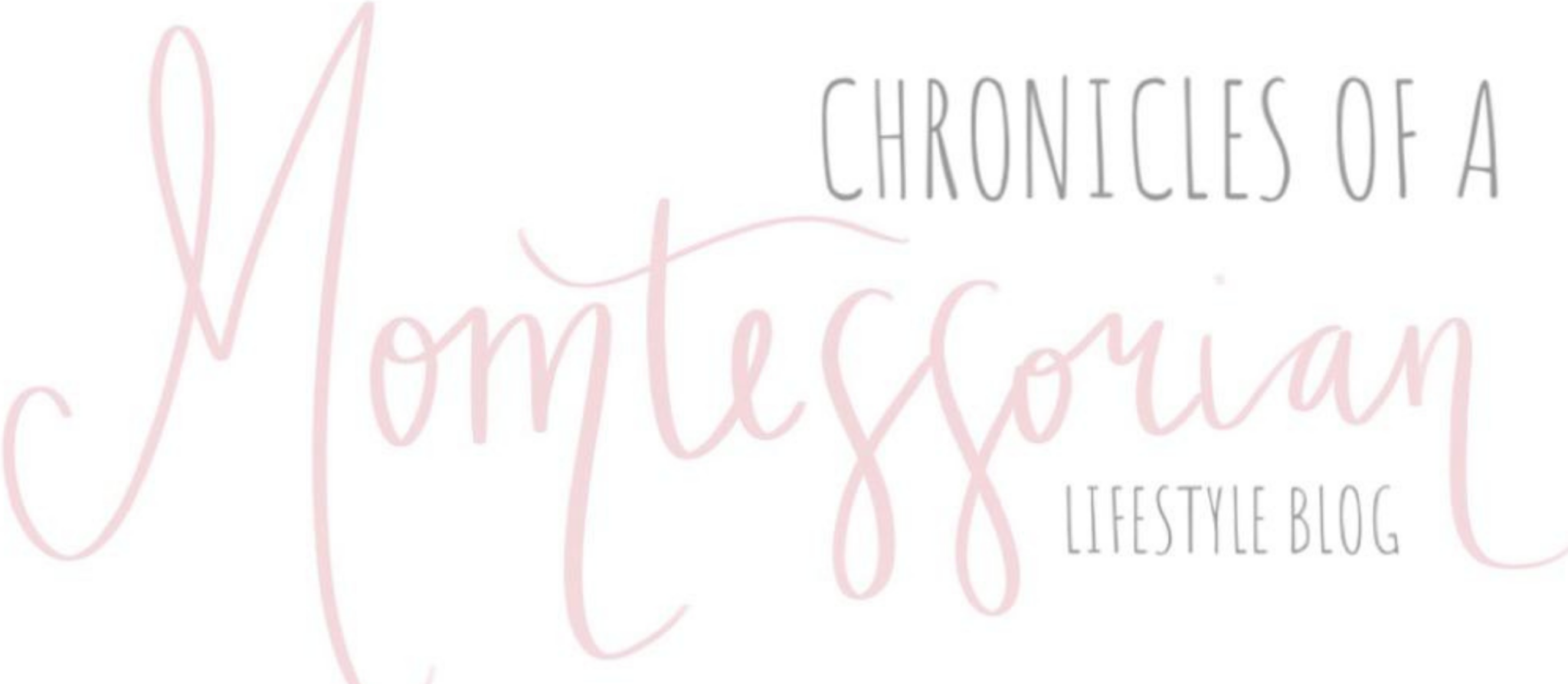
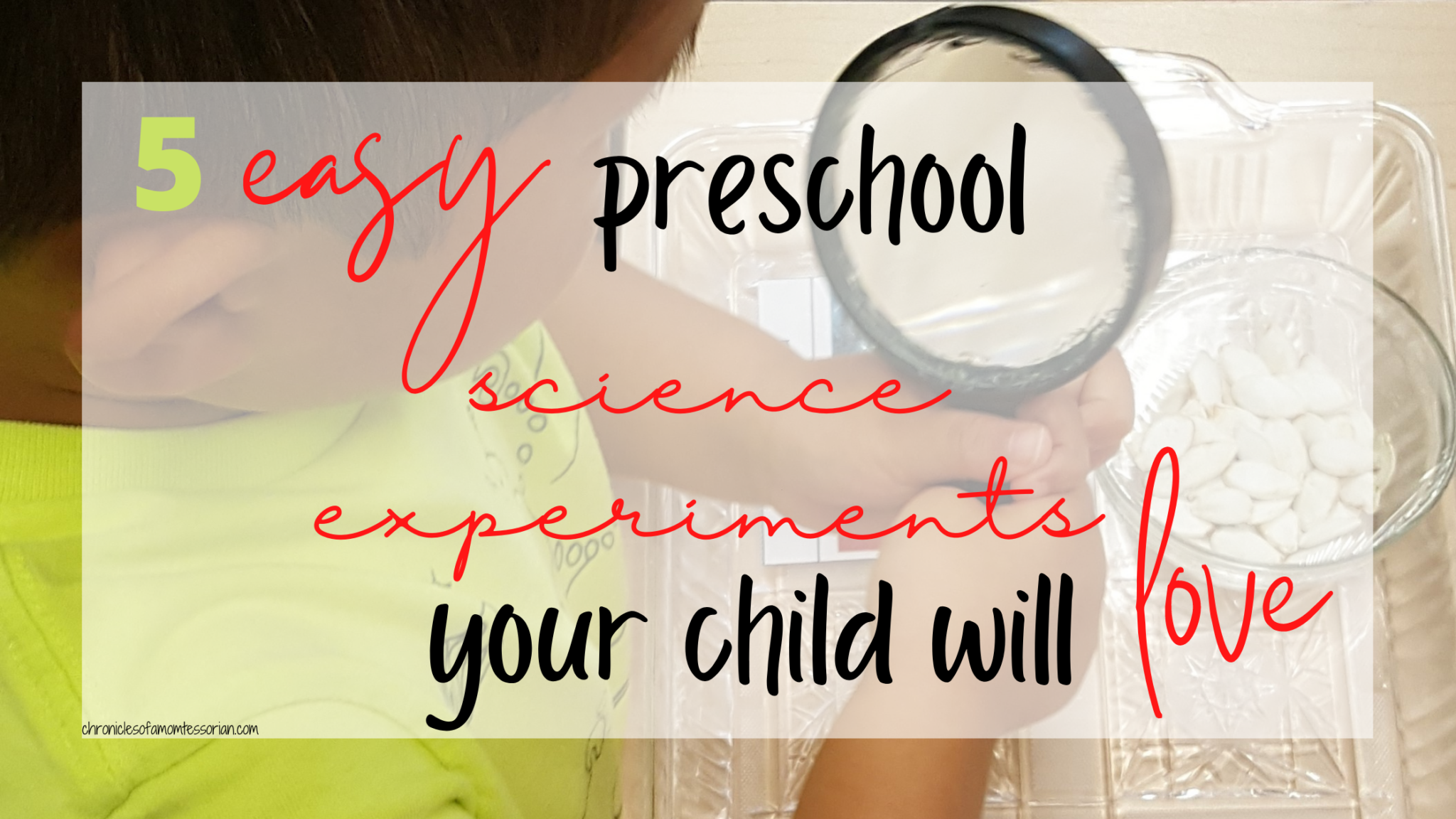

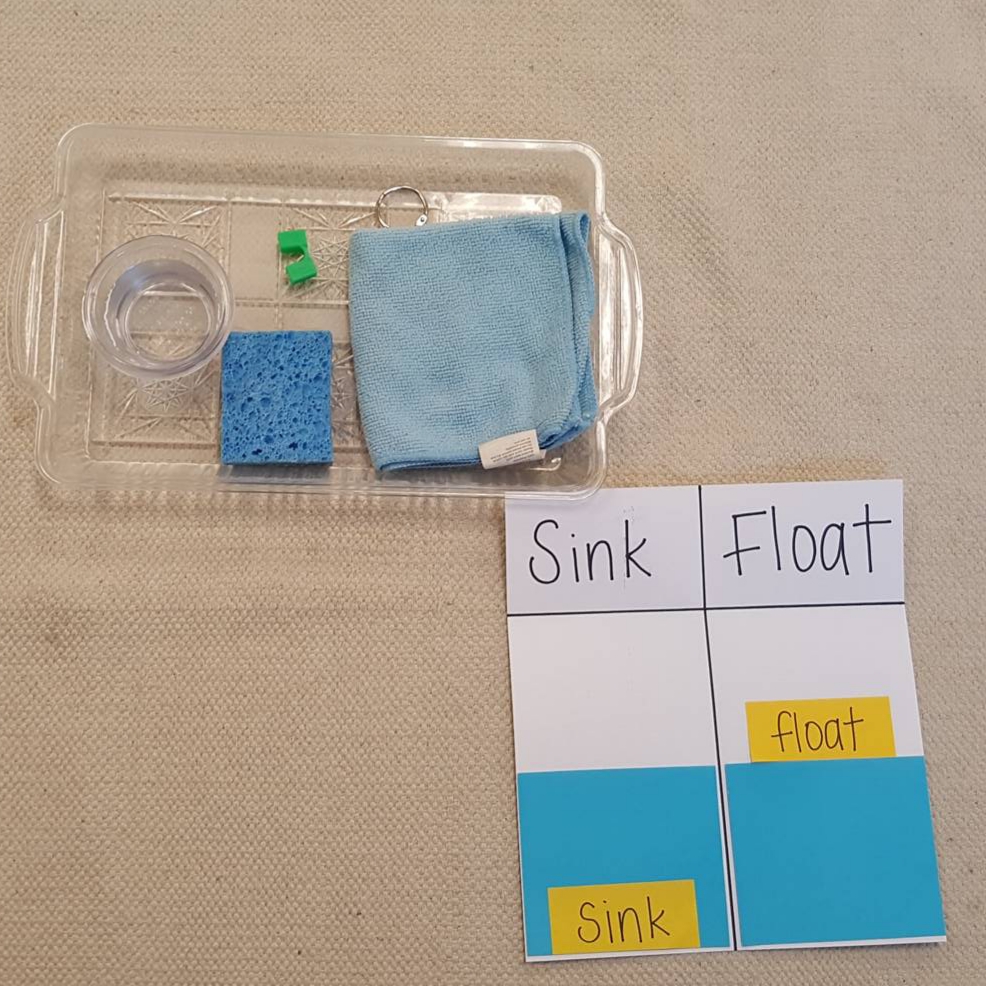
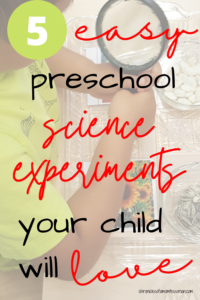

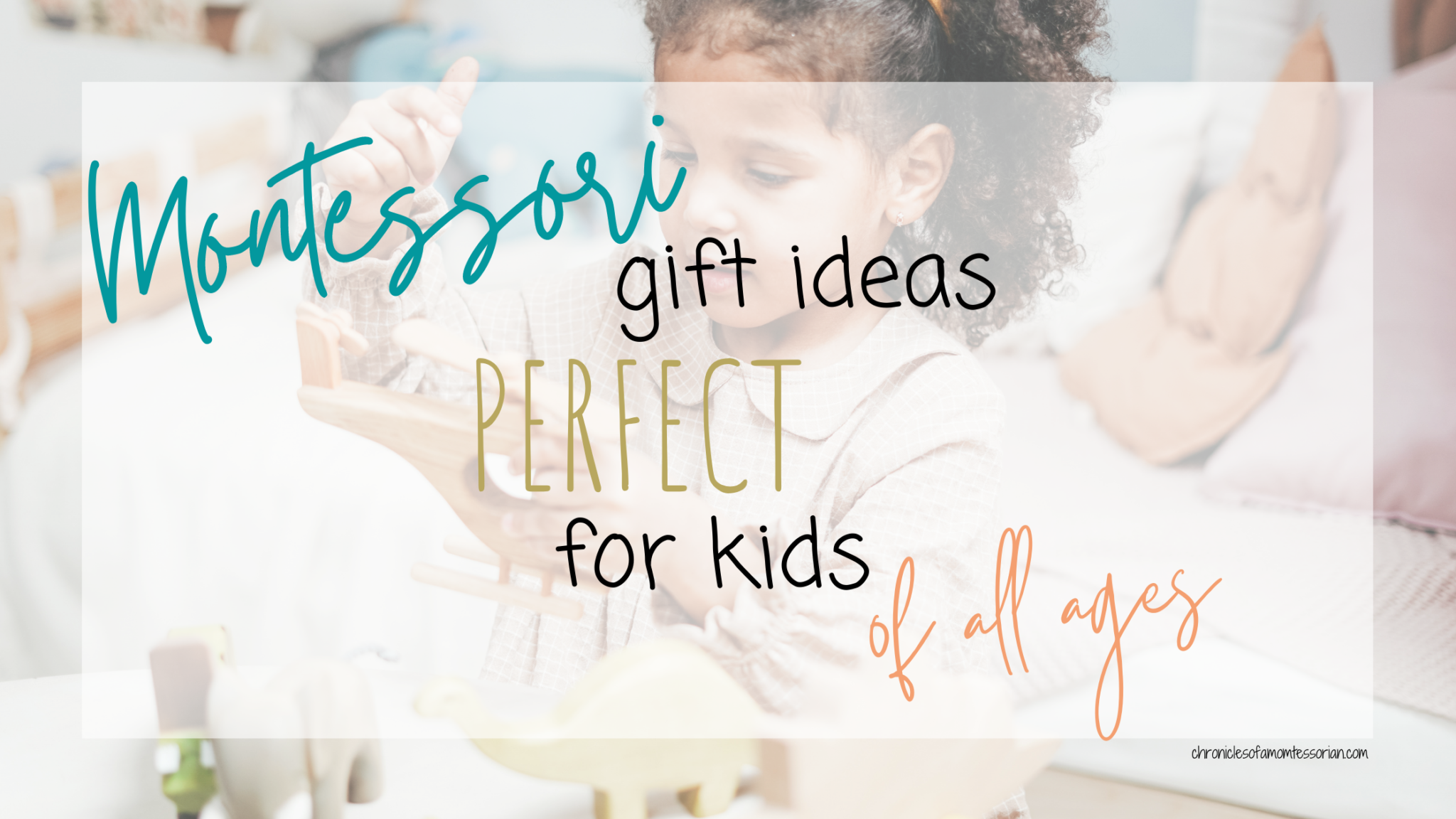
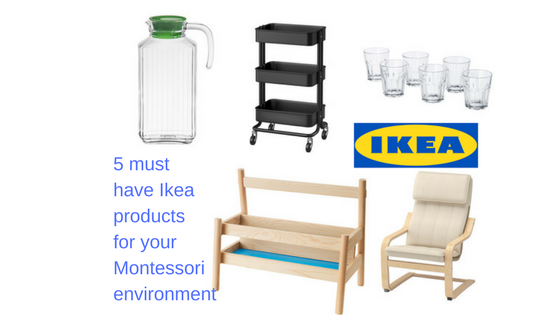

That is a wonderful list of science experiments for young kids.
My girls are well out of preschool and they would still enjoy these experiments! We just did the lava lamp the other day!
These are so fun, and also teaching great lessons! I want to try a few of these myself – lol. These are great and science is an important subject to be teaching!
I’m saving your post to pass it on to my friends with kids, thank you x
I will have to try these with my daughter! They look like fun experiements.
totally saving this post for when my little cousin comes over!! thsese are so neat! thanks for sharing
I used to do these with my son when he was little. Now, he loves science and doing fun experiements!
These experiments look fun for kids and easy to put together for adults!
Great ideas! I’ll have to try the penny cleaning one on other coins as Canada got rid of pennies several years back. But we can always find grungy coins!
Love this post!!! These are some great ideas. We tried the lava lamp one, but maybe your method works better. Thanks
Great.I have twin preschoolers at home who are taking online classes.I will show them these science experiments.They will definitely like them.
These are all so fun! My toddlers love doing things like this! Thanks for the reminder of these fun activities!
I love these science experiment ideas! My daughter is 2.5 and super into learning – definitely going to experiment later!
I love thèse! I can’t wait to try them with my nieces!